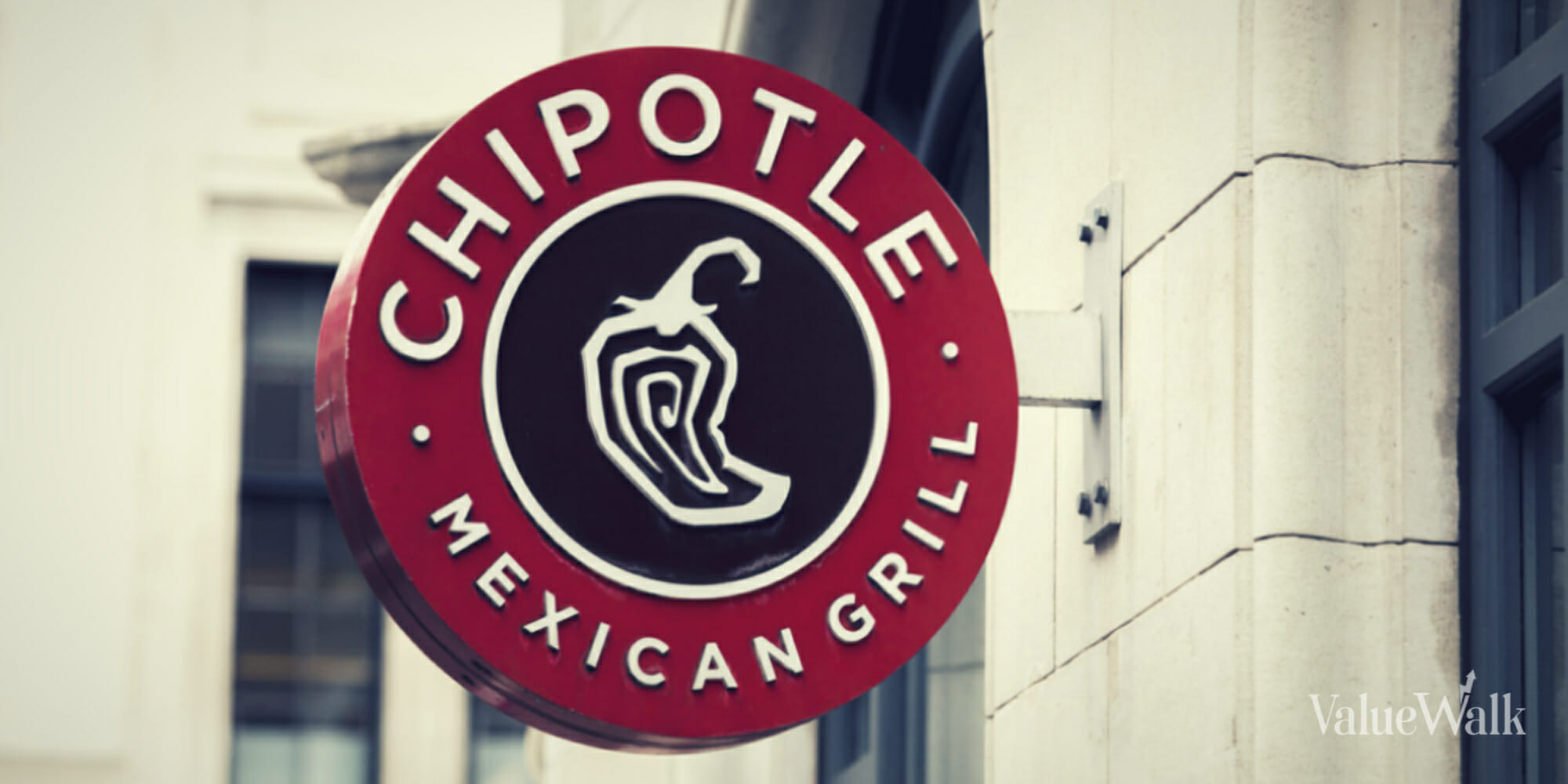Special purpose acquisition companies (SPACs) are having their moment in the sun. Indeed, it sometimes feels like private companies looking to go public is the only part of corporate finance that hasn’t taken the summer off.
Q2 2020 hedge fund letters, conferences and more
I wrote about Pershing Square Capital Management’s freshly launched SPAC, Pershing Square Tontine Holdings, in the August issue of Activist Insight Monthly. Perhaps Bill Ackman’s only misstep is this quote in the Financial Times: "It's no longer really a SPAC," he said. "It should be called a SPARC — special purpose acquisition for real companies."
Now that the vehicle has raised a record $4 billion from outside investors, it’s a waiting game to see whether the management team can strike a deal to buy a minority stake in a private company, alongside the less important question of how big it can go. Like most SPACs, Tontine has two years to find a partner to invite to the dance.
The Recent Uptick In SPACs
The big picture question of whether the recent uptick in SPACs – there were more in 2018 and 2019 than in the previous six years combined, according to Dealogic, a data provider – is a permanent change will take just as long to resolve. To answer it, sponsors need to close deals that deliver lasting value and stay ahead of changes in the economic environment, such as a stabilization of stock markets, that could shift the momentum back to initial public offerings and direct listings.
There are plenty of signs that the market is maturing and institutionalizing, putting checkered performance records behind them and ushering in an era of SPAC 2.0, as Abernathy MacGregor’s head of M&A and Activism, Pat Tucker, put it in a webinar cheekily entitled SPAC to the Future yesterday.
According to Sebastian Fain, a partner at Freshfields Bruckhaus Deringer, allocators are already rewarding sponsors with a track record of successful SPACs with better terms. His colleague, Michael Levitt, noted that a few SPACs have dispensed with the warrants that traditionally offer insurance to those buying into a SPAC’s IPO but dilute existing holders.
The appeal of SPACs is partly in their sponsors, who must be better at identifying a public-ready company and negotiating a takeover than their peers to justify their involvement, but also an issue of timing. According to Lucy Wang, a managing director at JP Morgan, some target companies have successfully negotiated down sponsors’ benefits – "'the promote' in Wall Street" lingo – when the sponsors are running out of time to strike a deal or risk forfeiting their capital.
But 2020 may be a particularly attractive environment in some respects that may not last. Morrow Sodali Senior Director Kevin Kelly suggested that retail investors are currently piling into SPACs before and after mergers are closed. That factor may have been behind some impressive initial returns for the vehicles that brought Nikola and Draft Kings public. But retail shareholders may exit the market more suddenly than institutional capital in the event of a recession, causing volatility. And low retail turnout during shareholder votes may complicate future corporate actions that depend on such approval.
SPACs are also generally preferred by hedge funds in their initial stages and therefore face a rebalancing of their share registers at some point. Companies do not get to choose when that happens outside of an IPO, despite the best efforts of their investor relations teams.
All of which is not to say that SPACs are doomed to crash on the rocks of rougher markets ahead. A comparison with activist investing may be instructive – despite divergent performance, there has not been a great shakeout in the industry and new entrants have replaced those suffering redemptions.
Moreover, many companies that have gone public in recent years stumbled even in benign markets, perhaps as a consequence of waiting until their growth potential was tapped out, perhaps as a result of investors growing weary of cash vacuums. Yet some, including Spotify, got a boost from the coronavirus pandemic.
Stockpicking hedge funds have some way to go to rebuild their credibility after years of lagging markets. Doing it by making new stocks out of private companies is a risky but potentially rewarding way to do it.
People Paying Attention To Gabriele Grego's Recommendations
Gabriele Grego’s record as a short seller is so good that people pay attention to his recommendations on the long side – long after the inverse stopped being true for long activists. This week Grego revealed that his Quintessential Capital Management had supported Oasis Management in its push for change at Japan’s Sun Corporation earlier this year and is still invested in the company in the hopes it will spin off its Cellebrite cybersecurity subsidiary and repurchase shares. Interest in Japan has remained strong through 2020, even as the results of activist campaigns has been mixed.
Effissimo Capital Management and Fir Tree Partners fell short at Toshiba and Kyushu Railways, respectively. However, Accordia Golf’s sweetened offer to consolidate its ownership of Accordia Golf Trust led Hibiki Path Advisors to withdraw its opposition this week. So while spinoffs, bumpitrage, and buybacks are largely on hold most of the world over, Japan may be in for the busiest proxy season of all next year.
Quote of the week comes from the investor group seeking to oust Sean Moriarty as CEO of Leaf Group (you may have heard PEAK6’s Rachel Saunders discussing the campaign on episode 44 of our podcast). For all the talk of companies being vulnerable on their executive compensation and treatment of employees during the coronavirus pandemic earlier in the year, there were few examples of activists taking them to task, until now:
"Shockingly, less than 60 days after receiving [paycheck protection program] money and cutting employee pay, the board gave Mr. Moriarty a $200,000 cash bonus. If Leaf Group had enough money to pay Mr. Moriarty a large cash bonus in June, why had it reduced the salaries of the company’s workforce weeks prior to that?"






